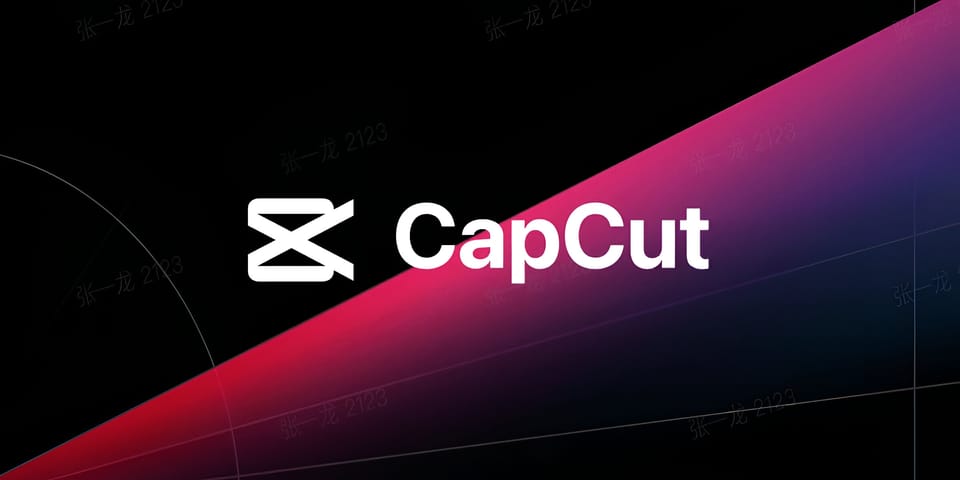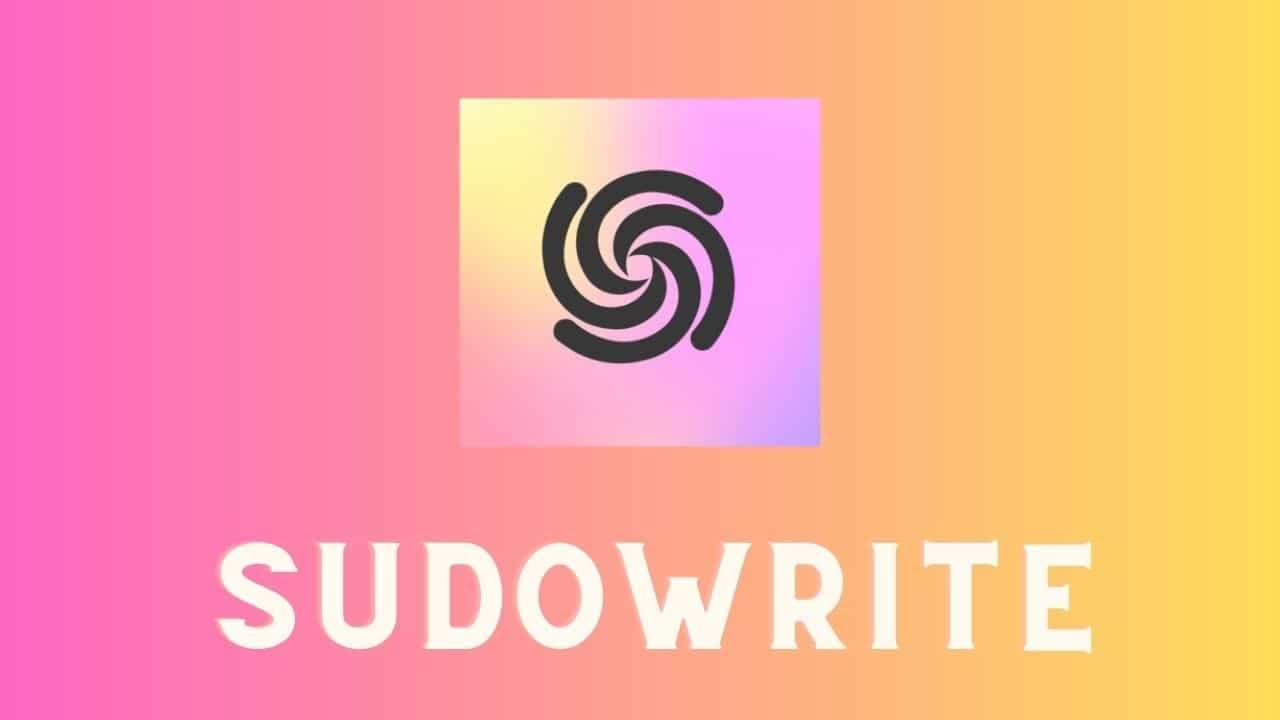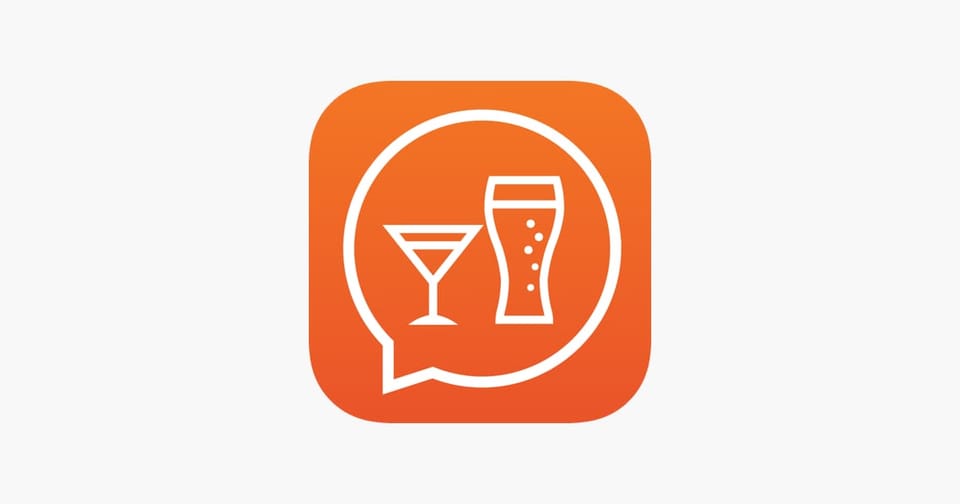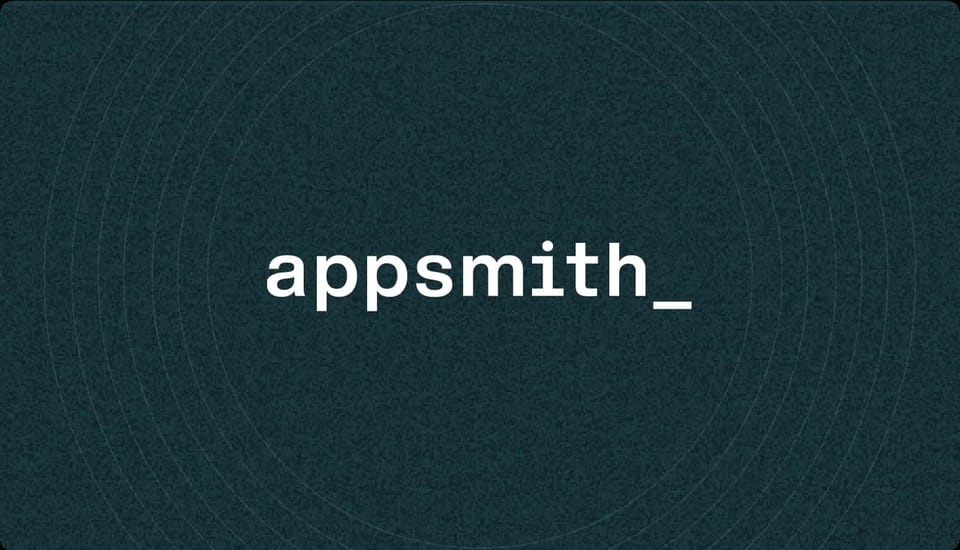RustDesk: The Free Remote Desktop Tool Giving Big Tech a Run for Their Money
RustDesk, an open-source remote desktop tool, offers a cost-effective, secure alternative to big-name solutions. With features like self-hosting and cross-platform support, it's gaining popularity fast.
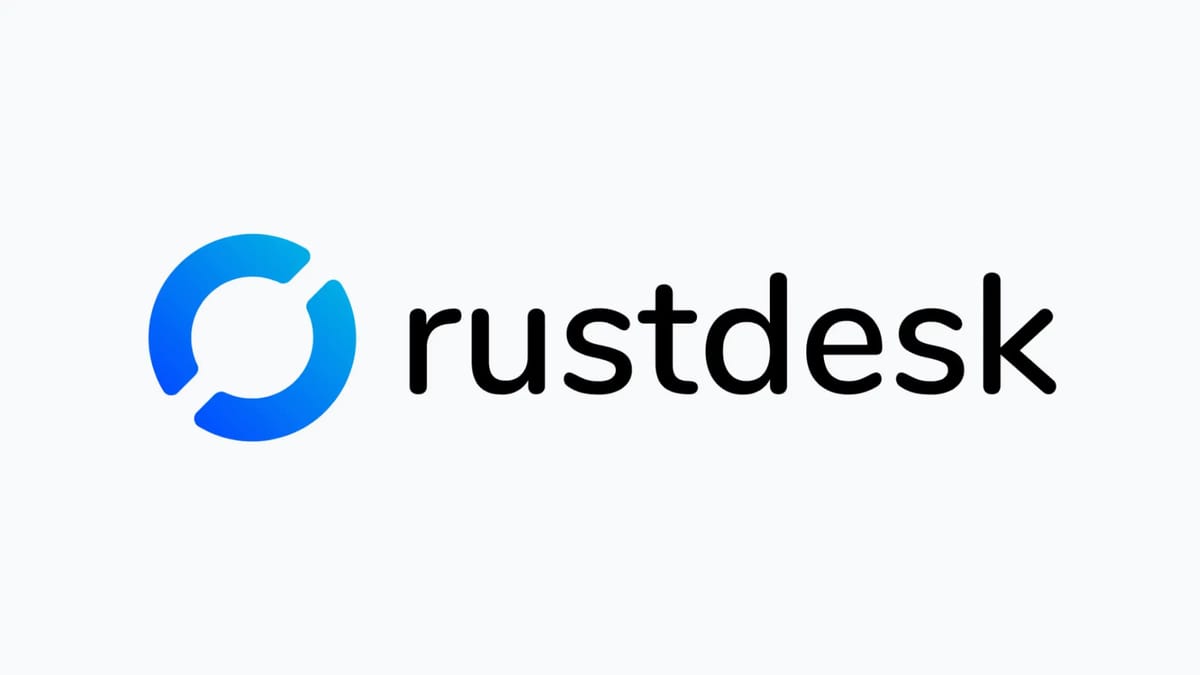
RustDesk" is one of the alternatives that is going to challenge the giants of remote desktop software.
RustDesk is a big-name remote desktop software alternative with robust features without a heavy price tag. RustDesk is open-source and totally free.
Unlike other tools, RustDesk allows self-hosting; thus, it doesn't have third-party systems through which your data is routed.
For that reason, it aligns with businesses and personal desires for remote connections having full control.
Cross-platform compatibility and community-driven development put RustDesk steadily on the right track. Could a rather humble tool change the face of the future in remote desktop solutions?
What is RustDesk?

"RustDesk" is a remote desktop tool with an open-source nature. The service allows users to gain safe and flexible access to devices from anywhere in the world.
Developed with simplicity and privacy, RustDesk is a very convenient alternative to mainstream solutions, like TeamViewer or AnyDesk.
In contrast to many competitors, RustDesk permits its users to host their server and therefore control completely how the data is transmitted and stored.
It's built on Rust, known for its speed and safety. It works across all the major platforms - Windows, macOS, Linux, iOS, and Android.
File transfer, screen sharing, multi-device support, making it handy both for personal use and at the professional level.
What makes RustDesk special is its focus on transparency and community-driven development.
Having no licensing fees and usage restrictions, it quickly has attracted the attention of the tech community and businesses as well, who see it as a free and privacy-centric solution for remote connectivity.
Why is RustDesk Gaining Popularity?

RustDesk, keeping in mind private, accessible, and very easy solutions for remote desktop access, scores fast wins in popularity.
Unlike older remote desktop solutions that many times require a subscription for its use or route data across third-party servers, it allows a user to self-host connections.
This gives a level of control over the data that privacy-conscious individuals and businesses want.
This explains why its adoption rate is high since it is free and open-source software. It is free for anyone to look at, modify, and contribute to the code as an individual developer and enthusiast, thus creating trust and innovativeness among people.
Its accessibility is also a factor as it supports major OS systems such as Windows, macOS, Linux, iOS, and Android.
It is easy and reliable performance even for users who do not understand the complex networking configurations.
With more and more people moving towards free and open services, the service gets popular, which dilutes the already set-up industry majors.
The Impact of RustDesk on the Remote Desktop Market

RustDesk is disrupting the remote desktop market, challenging the hegemony of players like TeamViewer and AnyDesk.
Its open-source model and cost-free approach break the subscription-based pricing structure and make high-quality remote desktop services available to a larger audience.
A key factor impacting its impact is the self-hosting feature of RustDesk, which allows businesses and individuals to get rid of third-party servers with enhanced privacy and security.
As such, it addresses a pressing demand for user-controlled data solutions, particularly in more compliance-intensive industries.
Compatibility cross-platform and ease of usage with the software make it as a flexible option for not only personal but also work stations. Rapid adoption shows a preference for cost-effective, non-judgmental, open-source products.
RustDesk is not yet to be in the market list, but its popularity points towards a growing demand of alternatives challenging the traditional methods, promoting competition and development in the remote desktop ecosystem.
The Future of RustDesk

With increasing adoption among users seeking a private and cost-effective alternative to mainstream remote desktop solutions, the future of RustDesk looks promising.
It is an open-source product, and because of that, it can expect to have a long tail of ongoing improvements, powered by a very community-oriented development process.
With increasing importance of data security and control for businesses and individuals, RustDesk's self-hosting capabilities are going to be an attractive proposition to a wider audience, even those in regulated industries.
Looking forward, RustDesk will still expand on new features and make the user experience better in order to directly compete with industry giants.
Its possibilities of integration into enterprise systems and further security protocols can further strengthen its position as a reliable solution.
As remote work and global collaboration continue to grow, RustDesk's flexibility, transparency, and affordability may make it a very important player in the remote desktop market.
Its future will depend on whether it can scale its offerings while continuing to maintain its community-driven approach.
